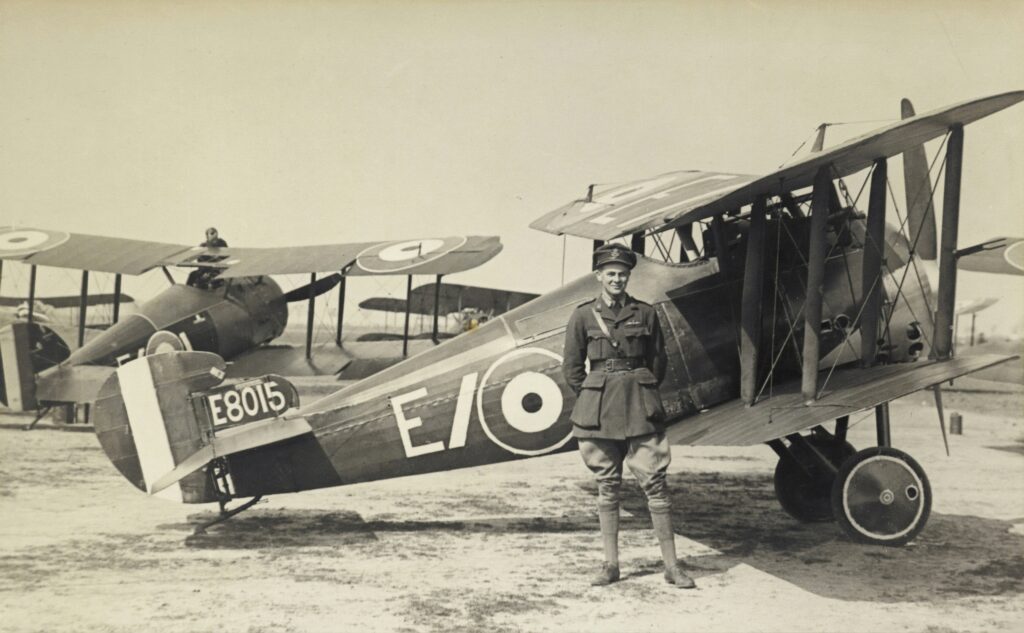"An Irish Airman Foresees His Death": Yeats's Masterpiece Revisited
An Irish Airman Foresees His Death
By William Butler Yeats
I know that I shall meet my fate
Somewhere among the clouds above;
Those that I fight I do not hate,
Those that I guard I do not love;
My country is Kiltartan Cross,
My countrymen Kiltartan's poor,
No likely end could bring them loss
Or leave them happier than before.
Nor law, nor duty bade me fight,
Nor public men, nor cheering crowds,
A lonely impulse of delight
Drove to this tumult in the clouds;
I balanced all, brought all to mind,
The years to come seemed waste of breath,
A waste of breath the years behind
In balance with this life, this death.
William Butler Yeats, "An Irish Airman foresees his Death" from The Wild Swans at Coole. New York: The Macmillan Company, 1919. Public Domain.
Source: The Wild Swans at Coole (The Macmillan Company, 1919)
Analysis of the poem
Title's Significance:
The title immediately establishes the poem's central theme: the anticipation of death. The word "foresees" suggests a sense of acceptance and perhaps even a premonition of the airman's fate. The Irish identity is emphasised, adding a layer of complexity to the motivations behind his service.
Deeper Analysis:
- Historical Context: Written in 1918, the poem reflects the disillusionment and detachment felt by many soldiers during World War I. The airman's perspective is coloured by the futility and brutality of the conflict.
- Irish Identity: The airman's loyalty lies with his local community, Kiltartan, rather than with a broader national identity. This emphasises the personal and localised nature of his sacrifice. The war seems distant and irrelevant to the lives of his countrymen.
- Motivation: The airman's motivation for fighting isn't driven by duty, patriotism, or even hatred for the enemy. It's a "lonely impulse of delight," a complex mix of thrill-seeking, existentialism, and perhaps a desire for escape from the mundane.
- Acceptance of Fate: The final stanza reveals a stoic acceptance of death. The airman weighs his past, present, and future, finding them all equally insignificant in the grand scheme of things. His life and death are simply balanced in this moment of contemplation.
Overall:
"An Irish Airman Foresees His Death" is a powerful and haunting poem that explores themes of war, identity, and mortality. It offers a unique perspective on the motivations of soldiers, highlighting the individual's struggle to find meaning in the midst of chaos and destruction.

Some additional points to enrich our analysis of "An Irish Airman Foresees His Death":
Literary Techniques:
Repetition: The repetition of phrases like "waste of breath" and "in balance" reinforces the airman's sense of detachment and acceptance of death.
Form and Structure: The poem is a sonnet, a traditional form often associated with love and beauty. Yeats subverts this expectation by using it to explore themes of war and death. The regular rhyme scheme (ABAB CDCD EFEF GG) and iambic tetrameter create a sense of control and inevitability, mirroring the airman's acceptance of his fate.
Diction: The language is simple and direct, reflecting the airman's straightforward and unemotional outlook. There is little figurative language, emphasising the stark reality of his situation.
Juxtaposition: Yeats contrasts the vastness of the sky ("clouds above") with the smallness and insignificance of the airman's life. This emphasizes the theme of mortality and the individual's place in the universe.
Historical Significance:
The poem is often interpreted as a response to the death of Major Robert Gregory, a friend of Yeats and the son of Lady Augusta Gregory. Gregory was killed in action as a pilot in World War I. Yeats's poem can be seen as a tribute to Gregory and a reflection on the senselessness of war.
Legacy:
"An Irish Airman Foresees His Death" remains a powerful and relevant poem, resonating with readers who grapple with questions of identity, purpose, and mortality. It continues to be studied and admired for its unique perspective on war and its exploration of universal human themes.
